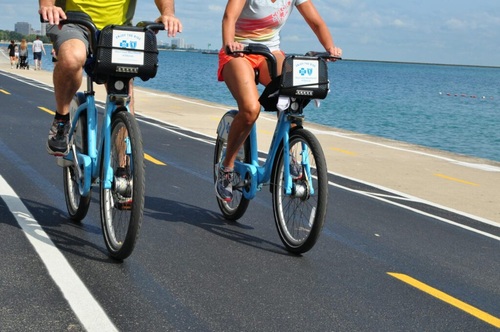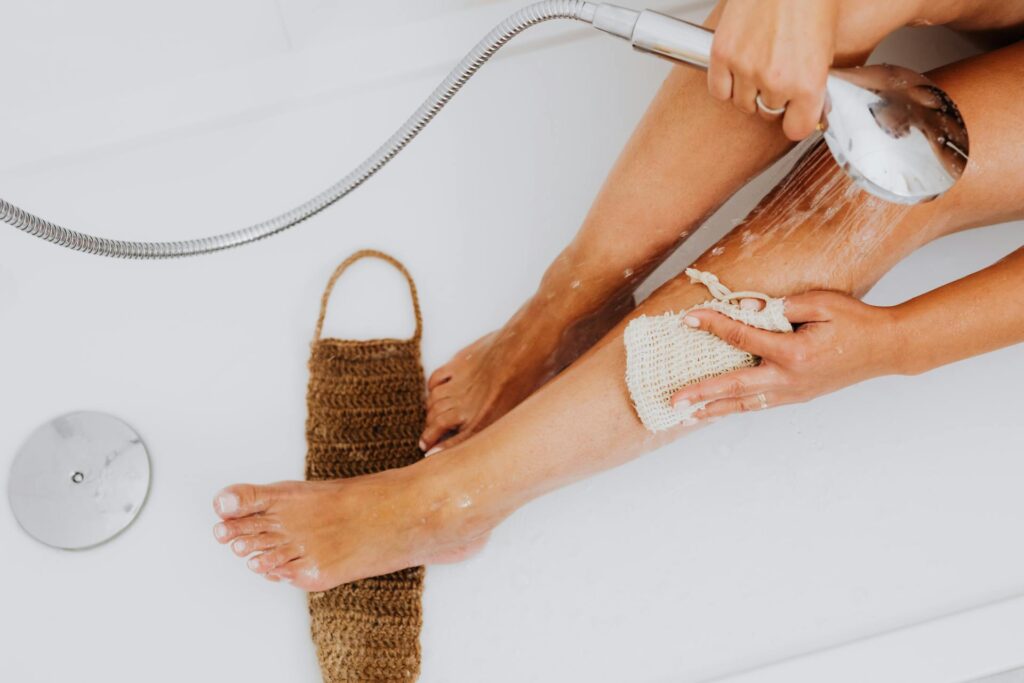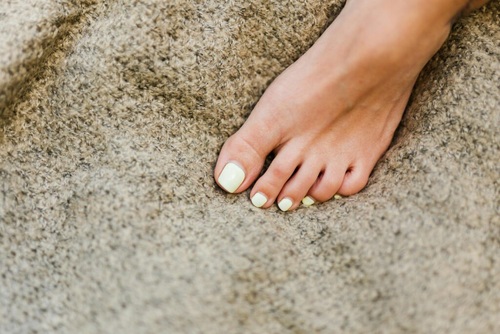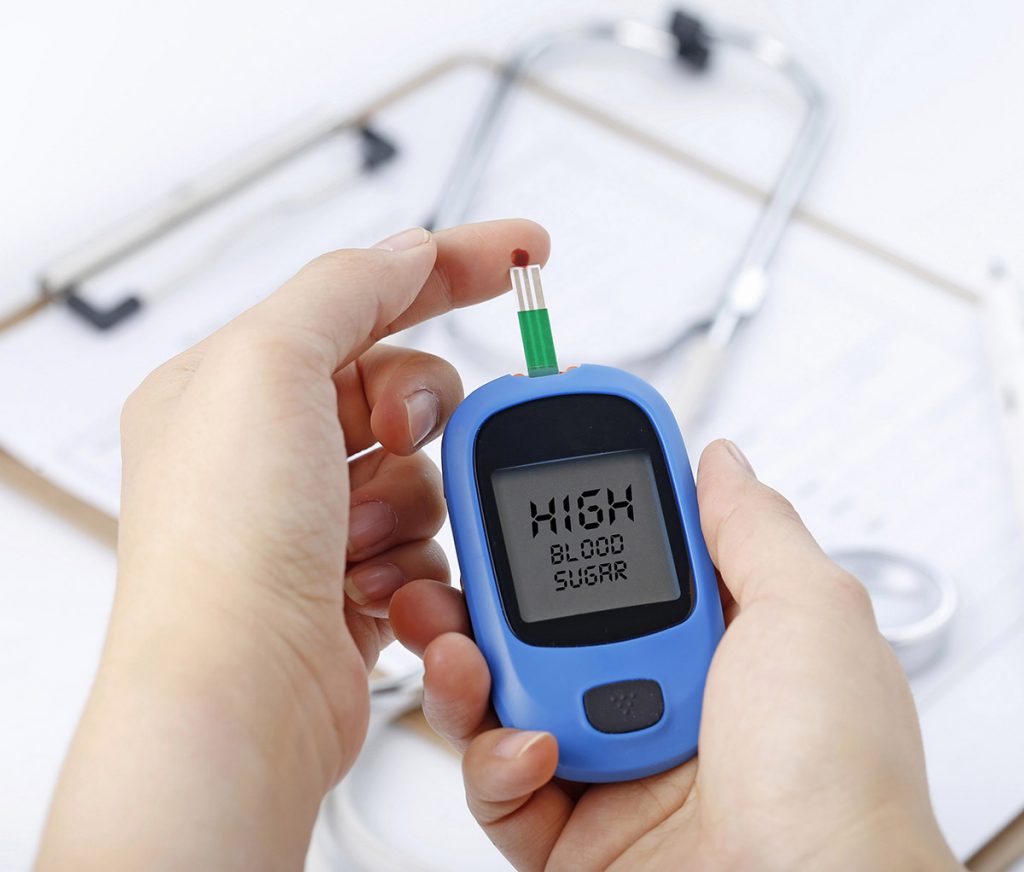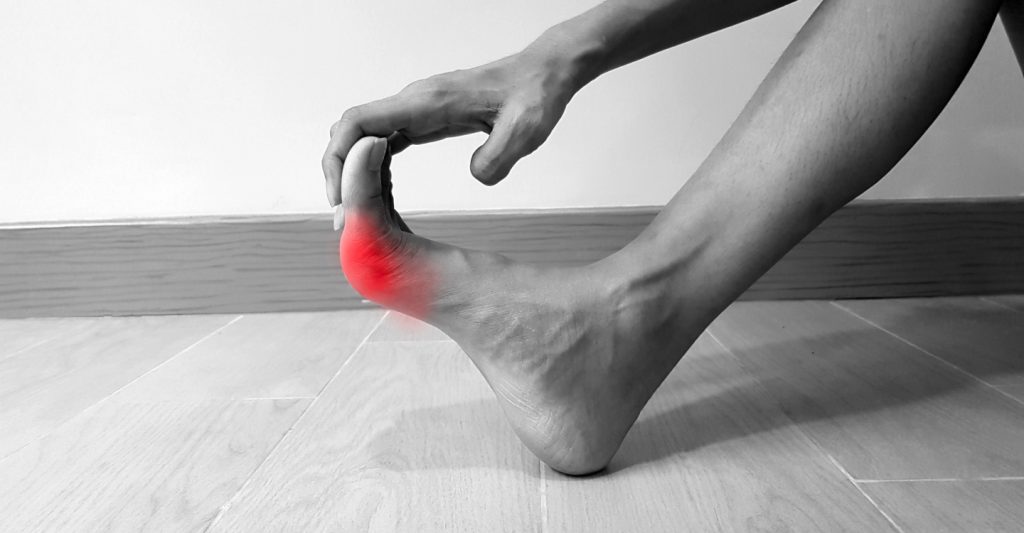Take a drive through any of the neighborhoods of Boca Raton and you will see people jogging. Men and women jog along the beach and down the side of the road, sometimes even bringing their dogs or strollers with them. Running, jogging, and walking are all great forms of cardio workouts, but many people may stop and consider what other benefits or risks running could be having on their health.
One of the most common questions asked is this:
Does running cause or prevent spider veins?
Spider veins develop as a result of swollen veins just underneath the surface of the skin. When the veins swell blood pools and they become discolored, which is easily visible on the skin. These veins don’t have muscular support, making them more susceptible to injury than deeper veins.
Spider veins are most frequently a result of excess weight, pregnancy, hormonal changes, or a family history of vein disease which naturally increases your chances of developing spider veins.
So, where does running come into this equation?
Cardiovascular exercise is great for vein health. When you run, your blood is pushed through your body at an increased rate. This enhanced blood flow prevents blood from pooling and ensures that blood moves correctly through the veins. However, long-distance runs can put some excess stress on the veins, causing them to swell. If you already have spider veins, then a marathon run can intensify their appearance, leading many people to attribute their running habits to the development of spider veins.
Even if you aren’t running a marathon, regular pressure on the veins from daily runs can cause the veins to swell and lead to the appearance of spider veins.
As you can see, the answer to this question isn’t too straightforward. While a quick jog can enhance your blood flow and reduce your risk of developing spider veins, a long run or a habit of running daily—which is otherwise great for your health—could cause existing spider veins to worsen, though running itself won’t cause spider veins.
Whether you run daily or sparingly, there are a few strategies you can use to reduce your risk of spider veins:
- Get great shoes. Running with shoes that are highly cushioned and fit for your feet can reduce swelling of the leg veins.
- Run on softer surfaces. Try running in the grass instead of the sidewalk, or go for a run on a sandy beach. The soft surface will reduce the impact on your feet and lessen swelling in the veins.
- Give yourself a cool-down period. If you go for a long run, try walking the last mile instead of coming to an abrupt stop. This will give the swelling in your veins a chance to come down without blood pooling in your veins directly.
- Wear compression stockings. Check local stores for athletic compression garments that are comfortable and fashionable
Finally, after your run, consider elevating your legs as this will help with your blood circulation.
Do you have any other running tips you would like to share? Tell us your thoughts and experiences in a comment below!


